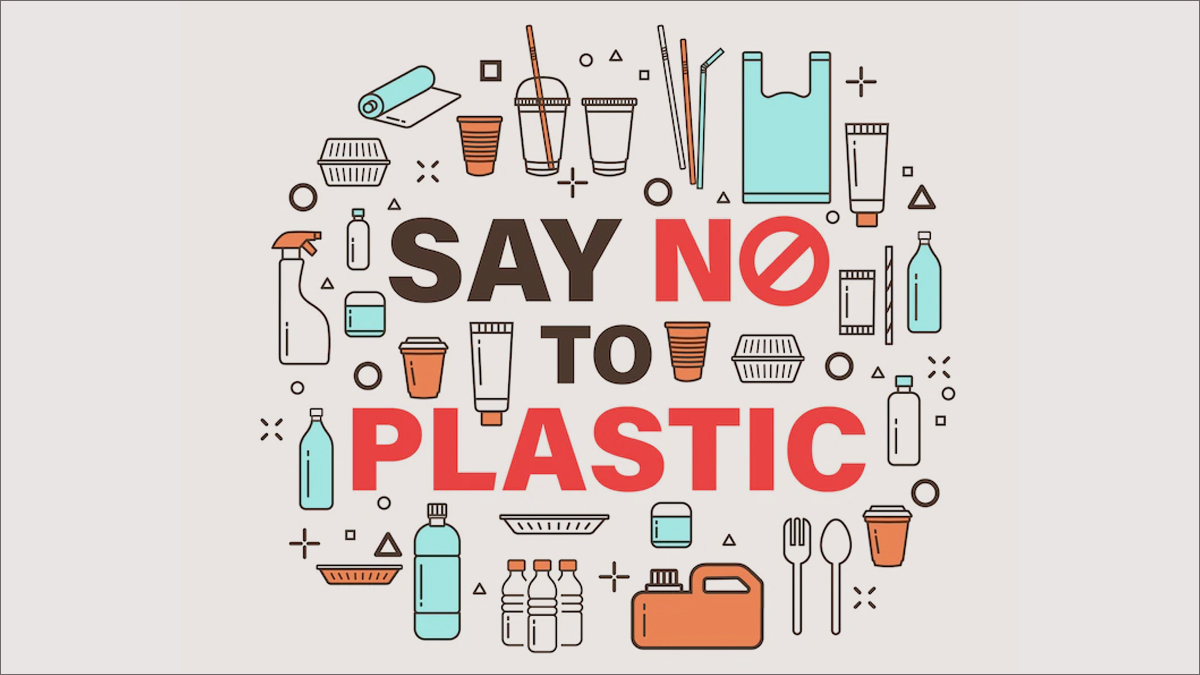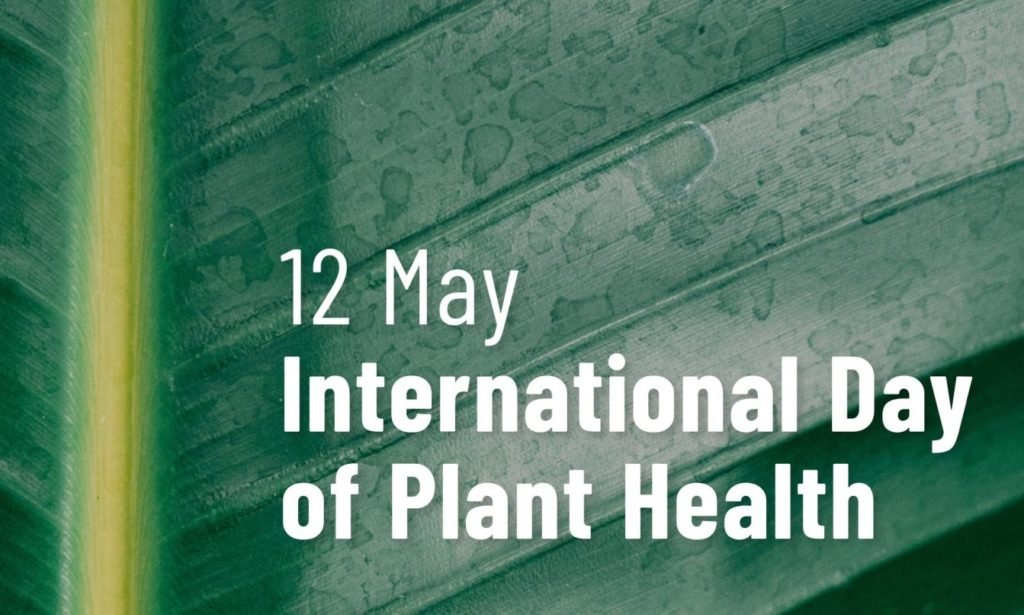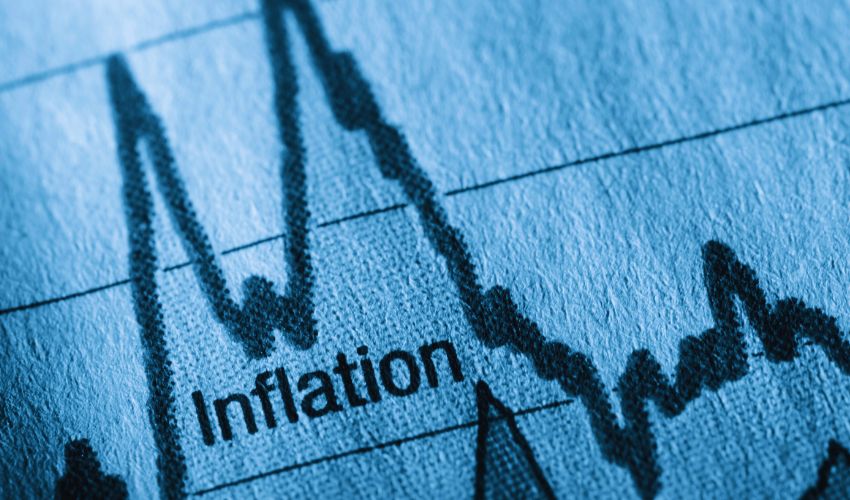Naveed Hussain
The ban on plastic bags is a critical step towards preserving the environment, as plastic pollution is a pervasive issue with far-reaching implications for ecosystems and public health. For instance, plastic bags, which have been identified as a major contributor to environmental degradation, can clog waterways, endanger marine life, and even disrupt the balance of ecosystems. The toxic chemicals present in plastic bags also pose serious risks to land, water, and air quality, as well as human health, leading to respiratory issues and other health problems.
Plastic bags are non-biodegradable, and their accumulation in the environment causes serious harm to wildlife. Animals often mistake plastic bags for food, which can lead to their death. The bags also trap birds and other animals, leading to injury or suffocation. Plastic pollution has also been identified as a significant threat to marine life, with an estimated 8 million metric tons of plastic entering the ocean each year. This pollution is causing the death of thousands of marine animals annually and is also contaminating the food chain, leading to health risks for humans who consume seafood.
Furthermore, plastic pollution impacts the Earth’s ecosystems, causing environmental degradation and reducing biodiversity. Plastic bags are one of the most visible forms of pollution in the environment and can take centuries to decompose. This means that plastic bags will remain in the environment for generations to come, causing damage to ecosystems, waterways, and wildlife. The plastic bags also contribute to greenhouse gas emissions, as they require fossil fuels to produce and transport.
The ban on plastic bags is just one part of a comprehensive approach to tackling plastic pollution. The Punjab Single-Use Plastic Products Regulation 2023 outlines various plastic items that are also banned as part of this initiative. As part of this, we are promoting the use of sustainable alternatives such as reusable cloth bags, paper bags, and biodegradable bags made from plant-based materials. These alternatives are not only eco-friendly but also safer for human health, making them a crucial step towards reducing the amount of plastic waste generated and mitigating the environmental impact of plastic pollution.
Therefore, the ban on plastic bags is not just critical, but also a beacon of hope for the environment. Plastic pollution has far-reaching implications for ecosystems and public health, and the ban is a significant step towards addressing this issue. It reflects a concerted effort to promote sustainable alternatives and reduce the amount of plastic waste generated. This ban is not just a solution, but a promise for a cleaner, healthier future, and it is imperative for individuals, businesses, and policymakers to work together to fulfill this promise.
Pakistan’s Environment Protection Agency in Punjab has taken a significant step towards addressing plastic pollution by announcing a sweeping ban on all types of plastic bags, effective June 5. This decisive action underscores the government’s commitment to safeguarding both human health and the environment by tackling one of the most pressing global concerns of our time.
Plastic pollution is a pervasive issue with far-reaching implications for ecosystems and public health. Plastic bags, in particular, have been identified as a major contributor to environmental degradation, clogging waterways, and endangering marine life. Plastic degradation also poses serious risks to land, water, and air quality, as well as human health.
The ban on plastic bags is just one part of the Punjab government’s comprehensive approach to tackling plastic pollution. The Punjab Single-Use Plastic Products Regulation 2023 outlines various plastic items that are also banned as part of this initiative. This approach reflects a concerted effort to address the root causes of plastic pollution and promote sustainable alternatives.
Moreover, the government has put in place stringent penalties for those who violate the ban. This shows the seriousness of the issue and highlights the government’s commitment to enforcing the ban. The mandate for plastic manufacturers, collectors, and recyclers to register with the Punjab Environment Protection and Climate Change Department is aimed at enhancing accountability and oversight within the plastic industry.
However, the success of these initiatives is not just a government’s responsibility, but a collective one. It is imperative for individuals, businesses, and policymakers to understand their role and work together to reduce plastic consumption. The government’s actions to address plastic pollution are not just setting an example, but also a call to action, inspiring other nations to follow suit. This is a global problem that requires global solutions, and each one of us has a part to play in it.
Pakistan is leading the way towards a plastic-free future by taking proactive measures to address plastic pollution. Through collective action and commitment, we can create a cleaner, healthier planet for generations to come.
















































